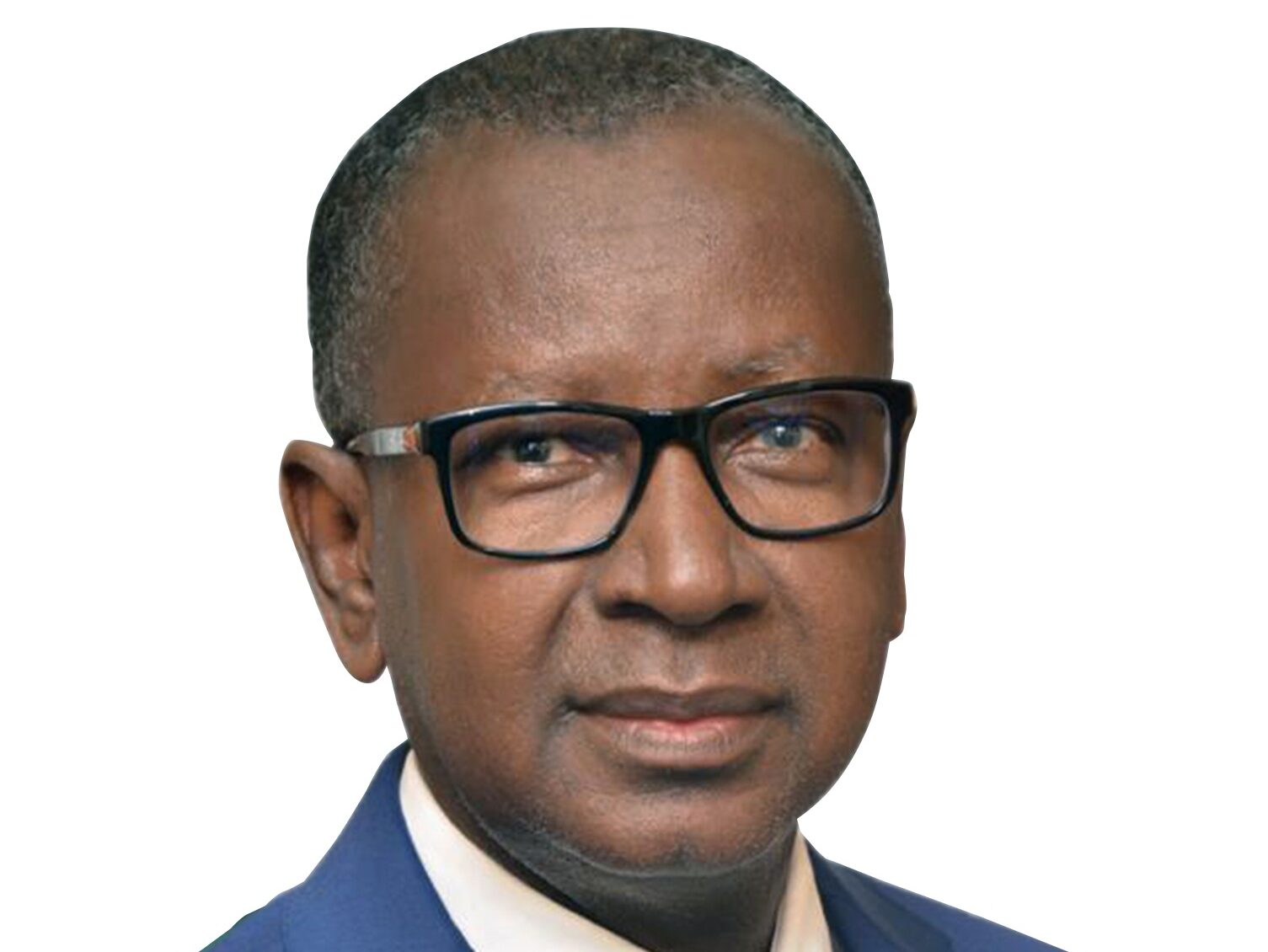EFCC Arrests Former NNPCL Chiefs Over Alleged $7.2Billion Fraud

The Economic and Financial Crimes Commission (EFCC) has apprehended Umar Ajiya Isa, a former Chief Financial Officer (CFO) of the Nigerian National Petroleum Corporation (NNPC) Limited, in connection with an alleged $7.2 billion fraud. This significant arrest is linked to the controversial rehabilitation of Nigeria’s key state-owned refineries in Kaduna, Warri, and Port Harcourt, which have consistently underperformed and recorded zero production over the years despite substantial annual allocations for Turn Around Maintenance (TAM).
Sources within the anti-graft agency confirm that Mr. Isa was detained alongside Jimoh Olasunkanmi, a former Managing Director of the Warri Refinery. As CFO, Mr. Isa was primarily responsible for authorizing the release of funds designated for the maintenance of these three critical refineries. The ongoing investigation targets Mr. Isa, Mr. Olasunkanmi, and other high-ranking officials for alleged abuse of office, widespread corruption, diversion of public funds, and the acceptance of kickbacks from contractors.
Other prominent officials implicated in the probe include Tunde Bakare, the current Managing Director of Warri Refinery; Ahmed Adamu Dikko, a former Managing Director of Port Harcourt Refinery; and Ibrahim Monday Onoja, also a former Managing Director of Port Harcourt Refinery. While the EFCC's spokesperson, Dele Oyewale, has yet to issue an official statement, multiple reports from outlets like PREMIUM TIMES, Daily Trust, and The Punch have corroborated these arrests and the scope of the investigation.
This current probe extends from a broader investigation launched by the EFCC into alleged abuse of office and misappropriation of funds involving several former NNPC executives, including the immediate past Group Chief Executive Officer, Mele Kyari, and his predecessor, Abubakar Yar’Adua. An April 28 letter from the anti-graft agency to the current NNPC management revealed that the commission is scrutinizing the disbursement of over $2.9 billion approved for the rehabilitation of the three refineries. Specifically, $1.56 billion was allocated to the Port Harcourt refinery, $740.6 million to Kaduna, and $656.9 million to Warri under what has been described as a controversial rehabilitation scheme.
The arrests and investigations coincide with a significant shake-up initiated by President Bola Tinubu, who dissolved the NNPC board and appointed a new management team, including Bayo Ojulari as GCEO and Ahmadu Kida as board chair. Reports from The Punch newspaper in May indicated that investigators have uncovered substantial amounts, reportedly around N80 billion, in the personal accounts of one of the sacked Managing Directors. Furthermore, Minister of Finance Wale Edun has ordered a comprehensive forensic audit of NNPC, emphasizing the need for the company to increase its dollar contributions amidst Nigeria’s ongoing fiscal reforms.
Despite the colossal financial injections, public records and site visits reveal that the refineries have largely failed to resume meaningful operations. For instance, the Warri refinery, which was briefly reopened in December 2024, shut down again in January due to safety issues, while the Port Harcourt refinery has operated significantly below its installed capacity, barely reaching 42 percent. Industry experts, including Kelvin Emmanuel and Dan Kunle, have vehemently criticized the entire rehabilitation effort, branding it a “charade.” They have voiced concerns over the use of alternative contractors instead of the refineries’ original builders and questioned the rationale behind investing in facilities that lack crucial infrastructure, such as crude supply pipelines.
The dire situation has triggered widespread concerns across the petroleum sector and among labor groups. The Independent Petroleum Marketers Association of Nigeria (IPMAN) and the Petroleum Products Retail Outlet Owners Association of Nigeria (PETROAN) have expressed profound reservations regarding the refineries’ persistent non-performance. Adding to the crisis, support staff members at the Warri refinery have threatened an indefinite strike due to inadequate pay and unfavorable working conditions, further highlighting the systemic issues plaguing Nigeria's petroleum refining capabilities.











